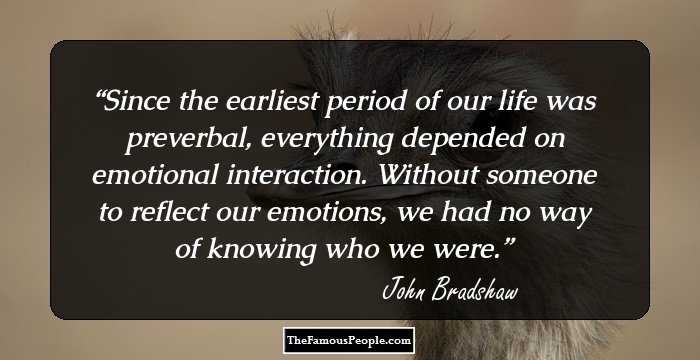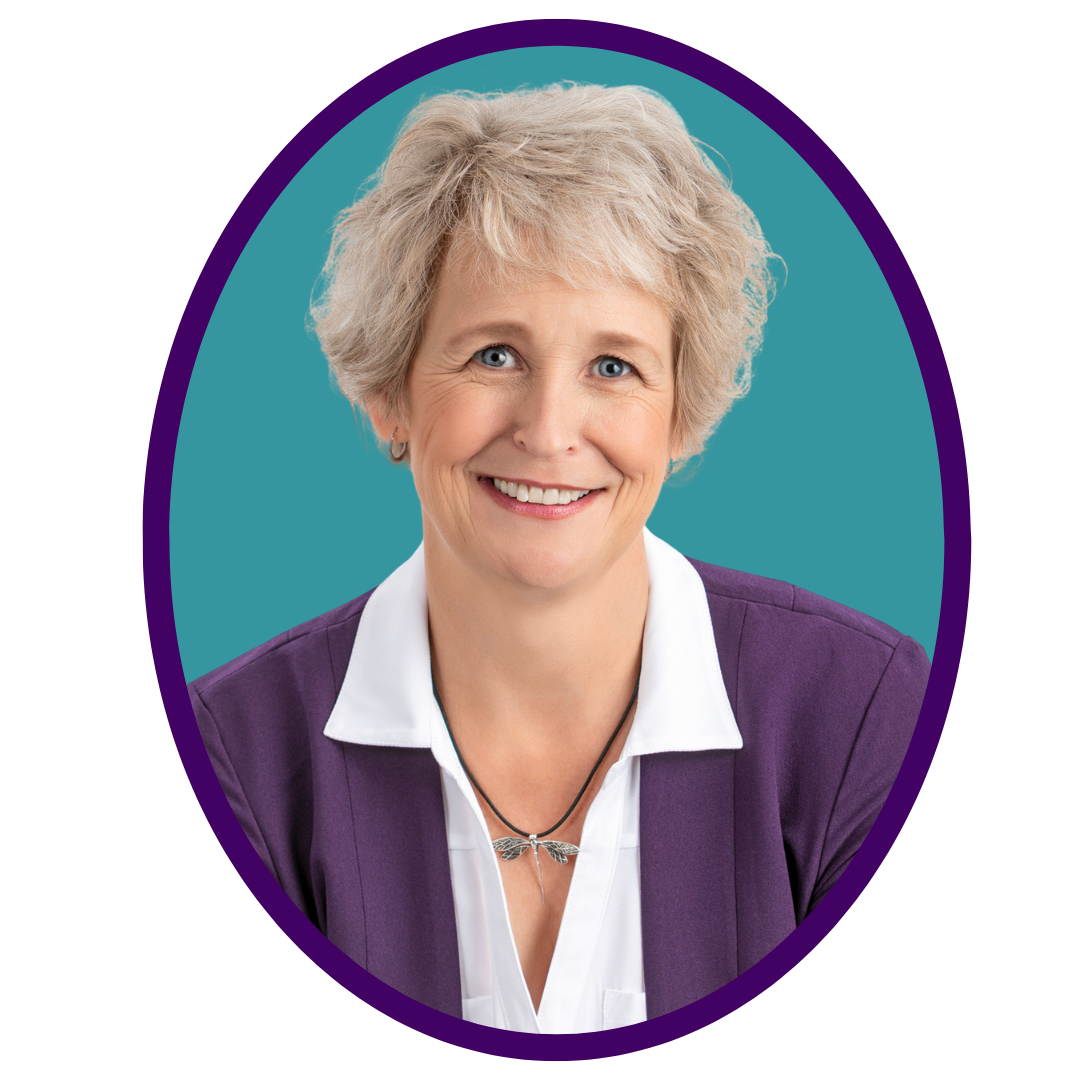|
It’s not who you are; it’s how you are perceived. I first heard that succinctly expressed when I was in my early twenties, but I think it was something I had fought against my entire life. Talk about your limiting beliefs! It worked for Ted Bundy, though, didn’t it? “Jean-Jacques Rousseau (1712-78) argued that personal authenticity is diminished by the need for the esteem of others in societies characterized by hierarchy, inequality, and interdependence.” https://philosophynow.org/issues/92/The_Limits_of_Authenticity) That makes total sense, right? If you didn’t fit in in a hunter/gatherer society, you would be ostracised and, likely, not survive outside of the community. That’s an instinct that survives today, particularly in children, whose community is their family. The young child learns what she needs to do, how she needs to behave, through the encouragement or discouragement of her parents. The trouble is, what if the parents’ temporary needs supersede the child’s long-term ones? A government pamphlet from the early twentieth century recommended that "mothering meant holding the baby quietly, in tranquility-inducing positions" and that "the mother should stop immediately if her arms feel tired" because "the baby is never to inconvenience the adult." A baby older than six months "should be taught to sit silently in the crib; otherwise, he might need to be constantly watched and entertained by the mother, a serious waste of time." (See Blum, 2002.) I can picture the shock on the faces of those of you raising children today, but that was what the experts of the day espoused. We are an adaptive and evolving species; our understanding of child psychology – as with all sciences – is always up for review and revision. I hope most of us can agree that we don’t know everything. The way we were raised and the way we raised our children isn’t necessarily the best way. I had a client a million years ago who, before he was even a parent, said something which has stuck with me all this time. “Parents need to realise that they’re not raising a child; they’re raising an adult.” You see, everything we do should prepare them to be independent from us. An authoritarian parenting style creates adults who fear and kowtow to people in power. (Enter Donald Trump.) They tend to be socially awkward, feel inferior to their peers, and to not be particularly self-reliant. They don’t make waves, are quiet and well-behaved. As Laurel Thatcher Ulrich wrote, "Well-behaved women seldom make history." Neither do the men. Now, for all of you grandparents who are shaking your heads, saying, “Kids today are spoiled!” you might be right. When I was twenty/twenty-one years-old, I worked as a waitress – yep, we were still waiters and waitresses then – at a Jewish-owned restaurant in Montreal. The clientele was also predominantly Jewish. I would often have three generations at a table. Grandma would be in her sixties or seventies, Mom in her forties, and Daughter would be maybe twenty-something. I could still read the tattoo on Grandma’s forearm. If Mom was lucky, she had been shipped off before the war. But Daughter? Her we used to call the Jewish-American princess. That’s probably politically incorrect these days, but I intend no offense. She – and I met plenty – was Jewish, and she was North American. And her family turned her into a princess by giving her everything she wanted. I get it. The older generations had gone through hell and vowed to protect their children from every bad thing the world would throw at them. But that permissive style of parenting made the younger generation spoiled, self-involved, and entitled. That’s ringing some bells, innit? They say it takes three generations to break a familial pattern. I think that’s what the parents of millennials have done, but the pendulum may have swung too far in some cases. I don’t want to sound like a middle-aged woman, but that’s what I am. I do go to the same movies as the millennials (because I am also a teenage boy at times) and, when I hold the door for them, the vast majority do not even reach out to grab it, just duck their little heads under my arm. Also, they’re so unused to looking people in the eye, when they do, instead of a hello or a nod, they look away as though they’ve been scalded. It’s called common courtesy, people! But… “Back to my Millennial. He raises his hand. I call on him.” “He says, ‘Everyone complains that we expect a trophy for just showing up. But who was buying those trophies for us as kids? We weren’t. You were. You created this generation, and now you are complaining.”’ https://institute.uschamber.com/is-respect-different-for-millennials/ It’s not about blame. It’s the pendulum. Just physics. I have begun to find that younger kids are more polite. I was putting up my Halloween decorations last year and a lovely young man of about eleven or twelve asked if I needed any help. And when I hold the door open for them at the movie theatre (I also like Pixar, she added, unapologetically) they usually say thank you. I always look to the parents saying something like, “You’ve got a very polite child there.” So, maybe the pendulum is settling into what the experts are now saying is the ideal parenting style, authoritative. It is a passive/authoritarian hybrid, a blend of telling the child what to do and letting them know why. "Because I said so/I'm your mother" has no place here. There are expectations placed on the child, while the parents are responsive to her needs. Limits and boundaries are set and enforced in a loving and respectful way. The children raised in such an environment:
What fine adults they'll make! Free to be and comfortable with themselves. What a circuitous way to get back to the point I initially intended to discuss: Authenticity. I wore many masks throughout my life, trying to be the best version of me for everyone else and in every situation. It was exhausting. And living inauthentically creates a horrible cognitive dissonance, a level of stress that can't be carried forever. Maybe to find ourselves we must give up our masks and discover the people we were meant to be, living our best lives outside of the expectations of others. We honour our loved ones better when we show them our true selves, when we say, "Here I am in all my imperfection. I trust you enough to show you who I am." ______________________________ You might wonder what business I have discussing good parenting, having no children of my own. To my mind, a great coach gives you fresh perspective, allows you to look at your situation more objectively. That's what I'm offering, and it's even easier for me because I have no skin in the game. There's none of that pesky defensiveness on my part where I champion my own parenting style, all the while worrying that I've somehow broken my kids. Nope, I will not lay any baggage at your feet. :) I do have nieces and nephews whom I adore, and I want them to always know that they're safe with me. What do you want your legacy to be? I had a great perspective lesson this week. It was living in the 'gap' versus living in the 'gain'. The easiest way to explain is through example: A man comes home with flowers for his wife. She receives them, saying, ""Didn't they have any roses?" Instead of appreciating his loving gesture, the woman focuses on what's missing, the gap. The pain of this situation is twofold, the woman who lives her life in disappointment (for what we focus on expands), and the man who will likely never bother to bring her flowers again. Sadly, 75% of people live in the gap. I choose to live in the gain, people! Who's with me? Leave the world better. AuthorChristie Morden is Calgary's premier emotional legacy coach. Her unique and revolutionary blend of guided meditation and coaching techniques helps her clients achieve results fast and get the healing that they and their families need to shatter the pattern of generational emotional trauma.
0 Comments
Leave a Reply. |
Christie MordenMental Health Coach Archives
March 2022
|

